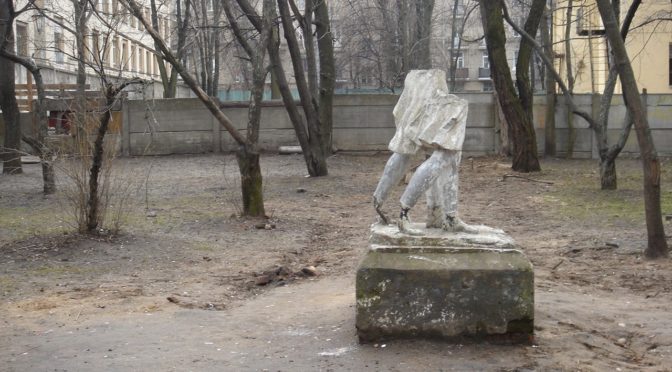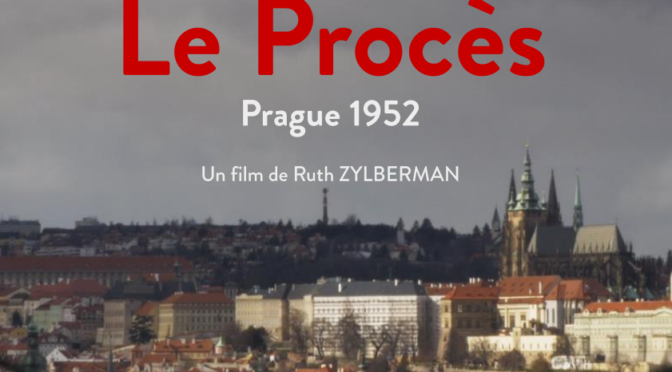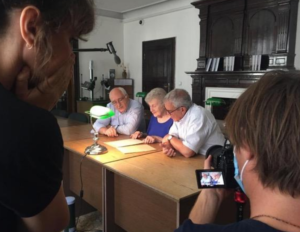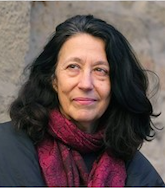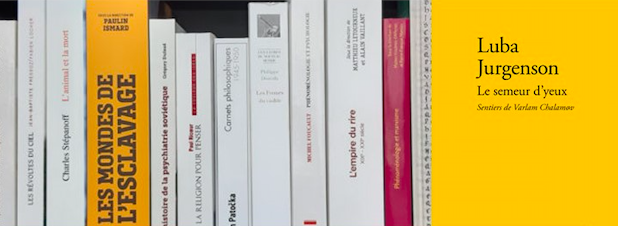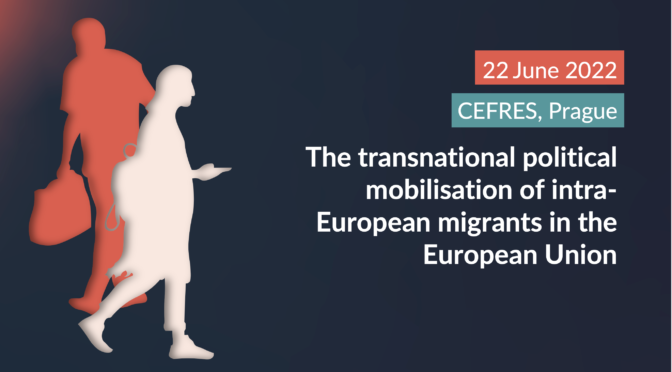Datum a čas: pátek 7. října, 16:30
Místo: knihovna CEFRES, Na Florenci 3, Praha a online (pro online přenos prosím kontaktujte cefres[@]cefres.cz)
Jazyk: angličtina
Při druhém setkání semináře CEFRESu vystoupí dva badatelé:
Ronan Hervouet (Profesor sociologie na Univerzitě v Bordeaux, CEFRES):
Běloruští vystěhovalci ve střední a východní Evropě po vypuknutí války na Ukrajině. Představení výzkumného projektu.
Abstrakt
Cílem výzkumného projektu Biélexil je porozumět následkům, které dopadly po vypuknutí války na Ukrajině na Bělorusy, kteří uprchli ze své vlasti po roce 2020 a našli útočiště na Ukrajině, v Polsku, Litvě a České republice. Projekt se zaměřuje na přesuny obyvatelel, jejich zážitky a formy politizace. Je financován francouzským ústavem L’Institut Convergenges Migrations (ICM), probíhá v CEFRES a koordinují jej Michèle Baussanová a Ronan Hervouet. Tento příspěvek představí projekt od jeho počátečních fází a předložení návrhu přes cíle, které si klade, a možné pokračování po uplynutí doby financování (tj. let 2022–2023).
Emina Zoletićová (doktorandka Varšavské univerzity, CEFRES):
Intergenerational transmission of the family memory of the war: Displacement and the Bosnian diaspora in Europe
Abstrakt
Studium přenosu válečných vzpomínek je důležité jak z hlediska společenského, tak z hlediska politického. Minulost jednoduše nevymizí – z věcí již prožitých vytvoří první generace narativ, který pak předá generaci další. A ačkoli se může zdát, že onen narativ vymizel, může pouze dřímat, připraven znovu se vynořit o několik generací či dokonce staletí později.
Tento příspěvek se zaměří na konkrétní případy mezigeneračního přenosu válečných vzpomínek mezi rodinami, které zažily válku v Bosně a Hercegovině, a bosenskými rodinami, které žijí v Evropské unii. Na problematiku pohlíží z mezioborové perspektivy (propojuje sociologii, psychologii a paměťová studia) a s důrazem na metodologický postup. Zaměřuje se také na to, jak je minulost rozvíjena v širším společenském, politickém a kulturním kontextu.

